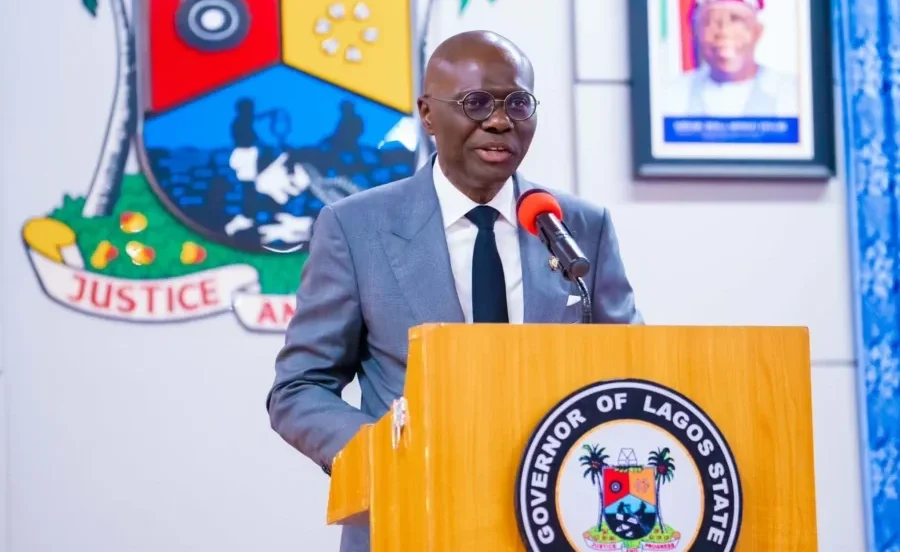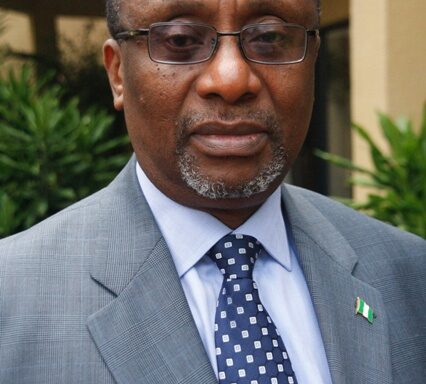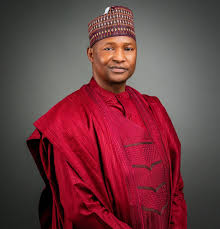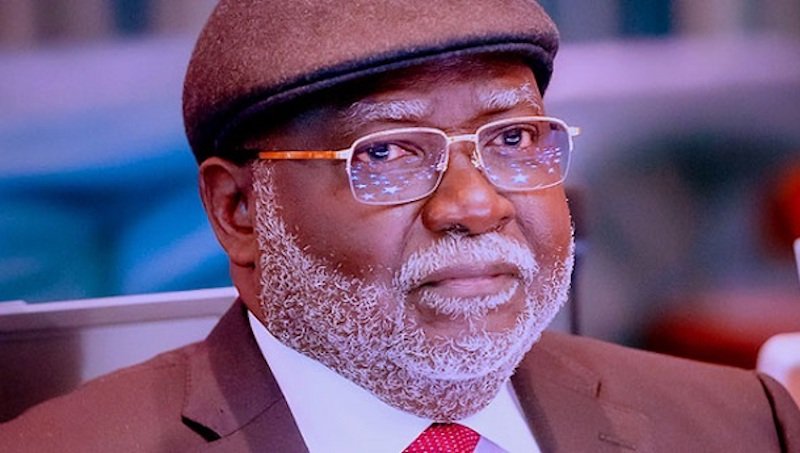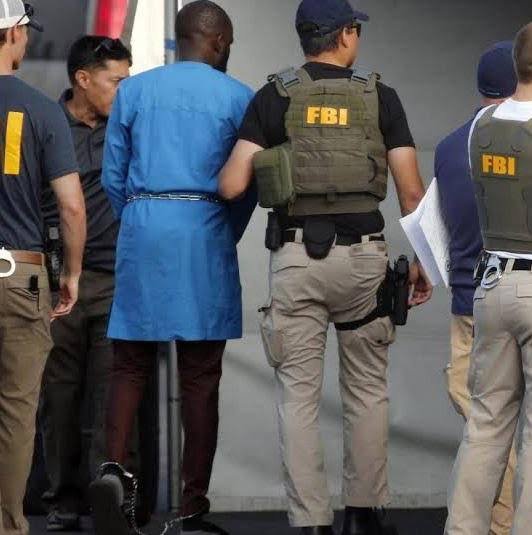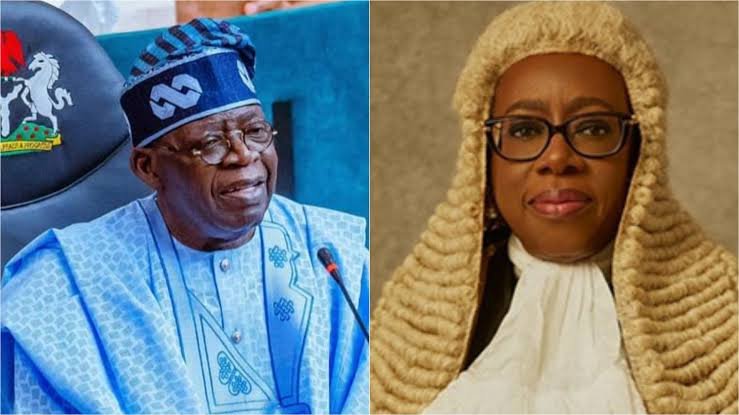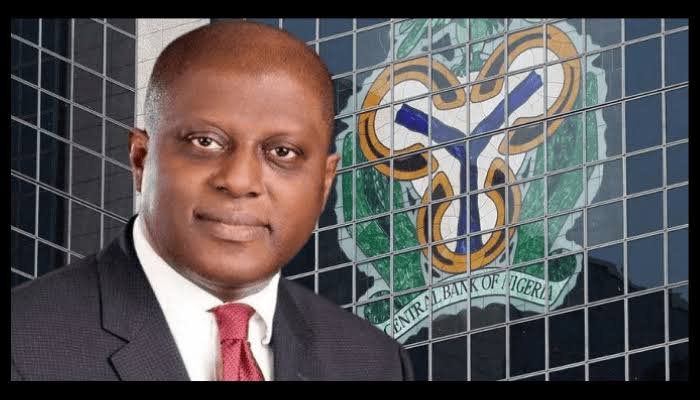Lagos State Governor Babajide Sanwo-Olu has denied the allegation that he filed a lawsuit against the Economic and Financial Crimes Commission (EFCC) to prevent his arrest and prosecution at the completion of his tenure, for alleged misappropriation of state funds.
In a statement issued by the state’s Attorney General and Commissioner for Justice, Lawal Pedro (SAN), Sanwo-Olu emphasized that he has not initiated any legal action against the anti-graft agency or any other such institution for that matter, urging media outlets to be cautious in reporting to avoid misleading the public.
A widely circulated report had appeared in the media Tuesday (yesterday, October 29) claiming that Lagos State Governor, Babajide Sanwo-Olu, had sued the Economic and Financial Crimes Commission (EFCC) over alleged threat to arrest, detain and prosecute him after his tenure as Governor.
According to the report, Sanwo-Olu, through his lawyer, one Darlington Ozurumba, filed the fundamental rights enforcement suit before Justice Joyce Abdulmalik of a Federal High Court in Abuja.
The report further claimed that when the matter was called for mention on Tuesday (yesterday), Ozurumba informed the court that he had withdrawn the earlier originating summons filed and replaced it with a new one, adding that the anti-graft agency had been duly served with the latest court documents, a claim that counsel to EFCC, Hadiza Afegbua said she was yet to see any documents about.
Besides, the proof of service of the processes was not in the court file while Justice Abdulmalik adjourned the matter until Nov. 11 for further mention.
In fact, the News Agency of Nigeria (NAN) reported that in the originating summons, marked: FHC/ABJ/CS/773/2024 dated and filed way back June 6, the Governor had raised seven questions and sought 11 reliefs, including, among others, a declaration that under and by virtue of the provisions of Section 37 of the 1999 Constitution, “the plaintiff, as a citizen of Nigeria, is entitled to right to private and family life as a minimum guarantee encapsulated under the Constitution of the Republic of Nigeria, 1999 before, during and after occupation of public office created by the Constitution.”
But denying that the Lagos Governor initiated any legal process against the EFCC, the Lagos Attorney General said in the statement he issued: “Our attention has been drawn to reports claiming that Sanwo-Olu sued the EFCC over an alleged plan to arrest him after his tenure. At no point did he engage any legal counsel for such a suit.”
Pedro explained that given the Governor’s constitutional immunity and remaining time in office – until May 2027 – it would be inappropriate for him to take such a legal action.
The statement further asserted that the EFCC is neither investigating Sanwo-Olu nor has threatened to arrest him or any members of his staff, vowing that the Governor’s office would investigate the source of the false claim and deal with the matter appropriately.
The statement noted that Sanwo-Olu’s administration has focused on effective service delivery and prudent management of the resources of the people and government of Lagos State since coming to power in 2019, assuring that the Governor remains committed to continuing his work for the benefit of Lagos residents with little or no concerns about what happens after his tenure ends in 2027.
